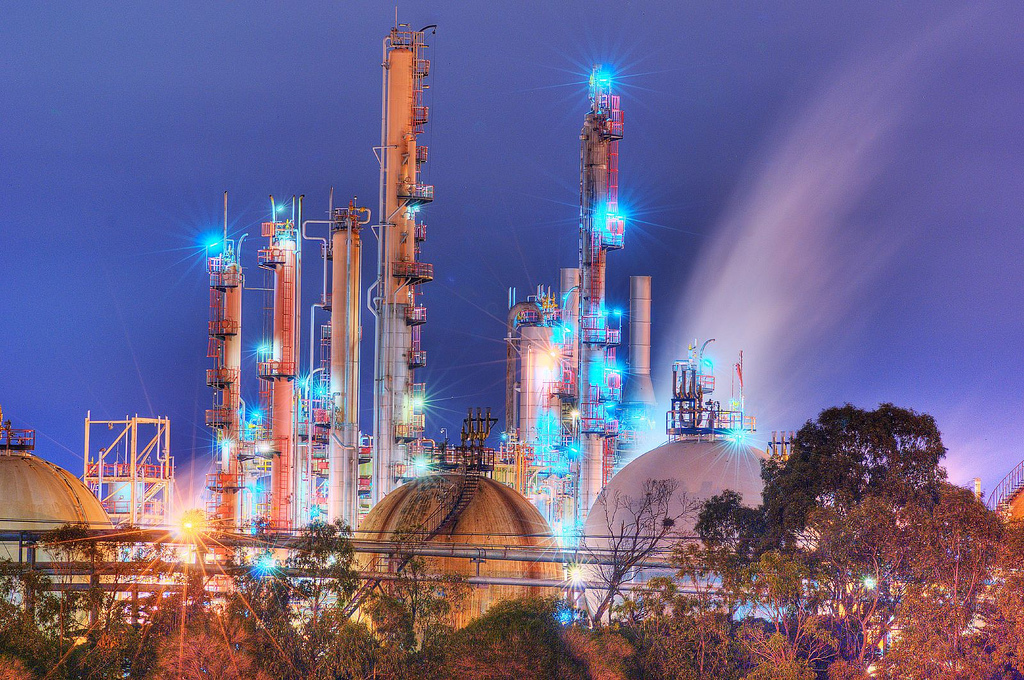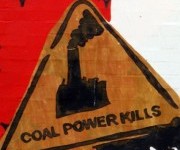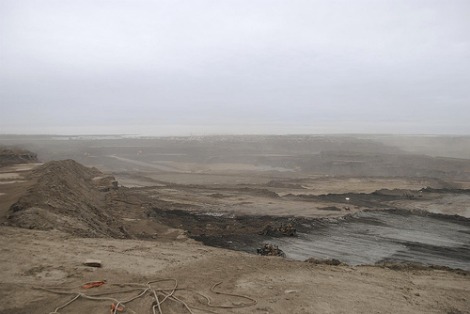emissions
-
Surprise! Europe's climate policy is working
According to figures released today as part of the European Commission's annual report on its progress to meeting its Kyoto targets, E.U. greenhouse-gas emissions for 2010 were 15.5 percent below 1990 levels despite economic growth of 41 percent over the same period.
-
MythBusters weigh in on motorcycle emissions
You've probably heard that motorcycles are more fuel-efficient than cars, and therefore better for the environment. I mean, they're practically bikes, right? It sounds plausible, but how do you find out if it's really true? The same way you find out if ANYTHING is really true: Ask the MythBusters, obviously.
-
Critical List: EPA’s greenhouse report comes in for criticism; motorcycles are gross
The EPA and its inspector general disagree over what qualifies as a "scientific assessment." The EPA has concluded that greenhouse gases are dangerous; the IG now says that the assessment didn’t go through sufficient peer review. This is actually about the review of the relevant “technical support document,” not about the scientific findings, but tell that to Republicans.
The DOE gave a $737 million loan guarantee to a solar-tower project in Nevada, which had better the hell not fail now.
Motorcycles are more fuel efficient, but their tailpipe emissions contain nasty stuff. -
Engineers: We have all the tech we need to cut carbon
Apparently the world's engineers are getting sick of being told that cutting emissions is an engineering problem. Eleven of the biggest engineering organizations have released a joint statement saying, in effect, "You want carbon cuts? We can give you carbon cuts. Just say the word, smart guy."
We already have all the tech necessary to cut emissions 85 percent by 2050, say the engineers. What we don't have is support from governments -- laws that prioritize carbon reduction, and funding to put the technology into action.
-
Do individual green actions matter? Maybe not, says New York Times
The Huffington Post's eco-etiquette column yesterday featured a question from “Kimberly,” who writes "I used to be enthusiastic about going green, but now I feel like what's the point? Like a stupid reusable water bottle is going to make a difference…" She got a comforting answer, but if she’d written to the New York Times, op-ed contributor Gernot Wagner might have told her she might as well pack it in.
HuffPo’s advice columnist Jennifer Grayson identified Kimberly’s problem — "You're having a F**k it moment right now" — and told her to step back, take a breather, and "remember that individual actions do make a difference."
But Wagner, an economist with the Environmental Defense Fund, has a different answer for people like Kimberly:
[S]adly, individual action does not work. It distracts us from the need for collective action, and it doesn’t add up to enough. Self-interest, not self-sacrifice, is what induces noticeable change. ...
-
Despite everything, natural gas is still cleaner than coal
Back in April, the EPA officially recognized that drilling for natural gas releases more methane than the agency had thought and offered a new methodology for estimating methane emissions connected to natural gas. The Worldwatch Institute, which does sustainability research, and the Deutsche Bank Climate Change Advisors, who do pretty much what their name says they do, crunched the numbers and found that, despite this, natural gas still releases less atmosphere-clogging gas than coal.
-
Coal-fired power plants close down rather than clean up their emissions
As a result of the EPA's new rules mandating lower toxic emissions, coal-fired power plants are closing their doors. The coal industry is complaining that the new rules are too expensive, will hike electricity rates, and cost jobs. The EPA has these facts on its side, though, according to Business Insider:
-
Tar-sands emissions could negate all other Canadian carbon cuts
A report from Canada's environmental agency predicts that the rise in greenhouse-gas emissions associated with mining tar-sands oils will be more than double the decrease in the country's emissions from other sources.
Environment Canada said in its emissions trends report that the country could avoid 31 megatons in emissions by 2020. Most of those savings come from switching out natural gas for coal in electricity generation. But in that same period, emissions from tar-sands oil could rise by 62 megatons, the report said. -
The law of unintended consequences
The House of Representatives has proposed legislation to cut USEPA funding by almost 20% and curtail its ability to tackle a wide range of pollution issues. The regulated industries and their allies in Congress may be hopeful of reduced cost and a less intrusive government, but they should be very careful of the Law of […]






